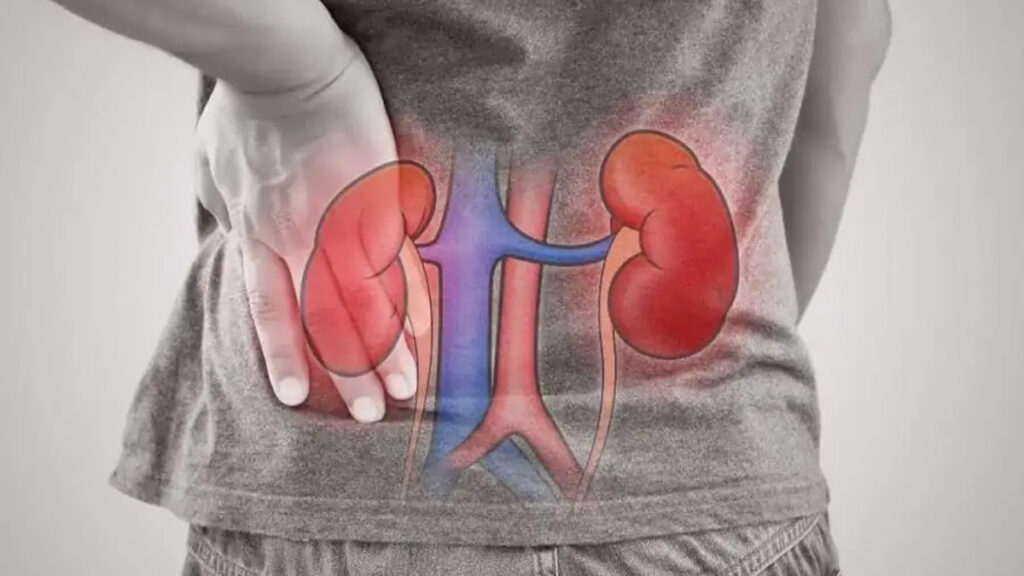One of the earliest indicators of kidney dysfunction is persistent fatigue. As kidney function declines, the body produces less erythropoietin—a hormone essential for red blood cell production. This results in anemia, depriving muscles and organs of adequate oxygen, and leaving individuals feeling constantly exhausted, even after sufficient rest or sleep.
This form of tiredness is often misattributed to lifestyle or aging, delaying necessary diagnosis and intervention.
Mental Fog and Difficulty Concentrating
Another under-recognized symptom is impaired mental clarity. When kidneys are unable to filter waste from the bloodstream effectively, toxins can accumulate and affect brain function. This may present as difficulty concentrating, forgetfulness, or a general sense of confusion.
Healthcare professionals note that patients experiencing this “brain fog” often don’t realize it may be tied to declining kidney health, especially in the absence of traditional symptoms.
Unexplained Itching Without Visible Rash
Persistent itching, especially when it occurs without any rash or visible skin irritation, may indicate the buildup of toxins in the bloodstream—a condition known as uremic pruritus. This symptom is particularly frustrating for patients, as it often lacks an external cause and does not respond well to standard dermatological treatments.
Such itching typically worsens at night and may interfere with sleep and quality of life, signaling deeper metabolic imbalances within the body.
Swelling Around Eyes, Ankles, and Feet
Fluid retention is another subtle yet telling sign of kidney failure. Damaged kidneys struggle to balance fluids and electrolytes, leading to puffiness around the eyes, and swelling in the feet, ankles, and legs. In some cases, this swelling may be mistaken for weight gain, circulatory issues, or high salt intake.
Medical professionals recommend monitoring such symptoms, particularly when they appear alongside other systemic issues.
Changes in Taste and Appetite
Many individuals with kidney dysfunction report a metallic taste in the mouth or a sudden aversion to food. This can result in weight loss, malnutrition, or even dehydration. These symptoms occur as waste accumulates in the blood and begins to alter the body’s chemistry.
Taste changes are often subtle, but when combined with loss of appetite and other signs, they may provide an early clue to declining renal function.
A Silent Threat with Serious Consequences
Kidney failure is often referred to as a “silent disease” because its initial symptoms can be easily dismissed or misunderstood. By the time more noticeable signs appear, significant damage may already have occurred. Routine testing—especially for those with diabetes, high blood pressure, or a family history of kidney disease—is essential for early detection.
Physicians recommend annual blood and urine tests, including creatinine and estimated GFR levels, to assess kidney performance and catch dysfunction early. Early intervention through lifestyle changes, medication, and monitoring can prevent progression to end-stage renal disease.
Conclusion:
Kidney failure rarely begins with pain. It begins quietly—with fatigue, subtle changes in thinking, persistent itching, or swelling that creeps in over time. By understanding and recognizing these early symptoms, individuals and healthcare providers can intervene sooner, reducing the risk of life-threatening complications.


